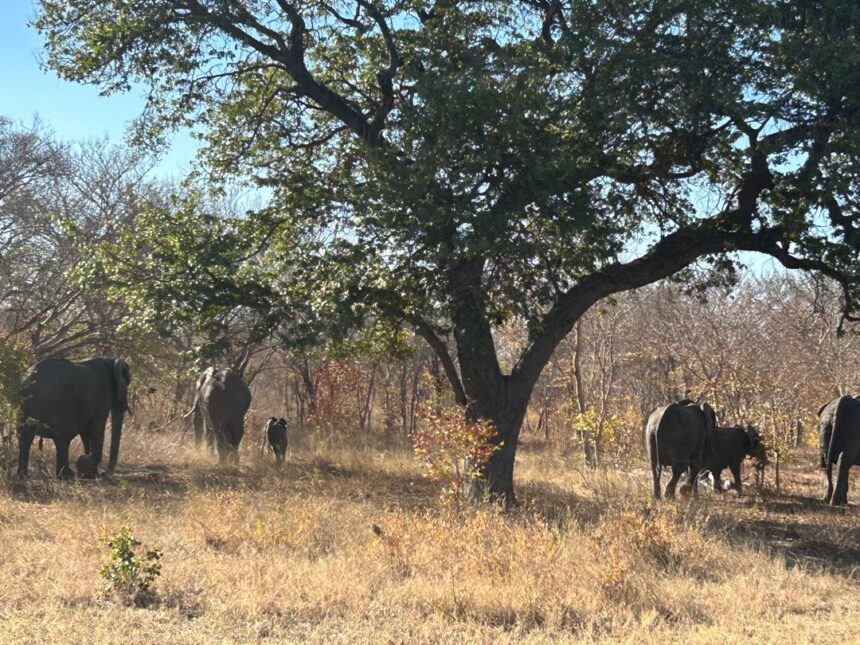KATIMA MULILO – The lush floodplains and dense forests of the Zambezi region are a testament to Namibia’s rich biodiversity.
However, for communities living here, this natural wealth can be a source of fear and tragedy.
In the first five months of 2025, human-wildlife conflict has already claimed four lives and left five people injured.
Hippos, buffaloes and crocodiles are the main culprits.
One of the most recent and tragic incidents occurred on 4 May when 56-year-old Oliver Chunga Simasiku was found dead in the Lusu area near Katima Mulilo.
Zambezi regional police spokesperson Kisco Sitali confirmed the incident, providing details that have shocked the local community.
“Simasiku had reportedly left his home in Kakoma village on the morning of 2 May to attend to his field, carrying his firearm for protection.
When he failed to return home, his family initiated a search, which led to the discovery of his body in the bush,” said Sitali.
Police officers responding to the scene found Simasiku’s body with severe injuries to his stomach and broken legs.
Tracks of a hippo were discovered nearby, strongly suggesting that the man had been attacked by the massive animal.
His firearm was recovered at the scene.
“The body was transported to the Katima Mulilo State Hospital mortuary for a post-mortem. The next of kin have been informed,” Sitali added.
This tragedy is part of a growing list of human-wildlife conflict incidents in the region.
Leeverty Muyoba, the control warden in Zambezi, said the Ministry of Environment, Forestry and Tourism (MEFT) is working to protect communities while maintaining conservation efforts.
The most pressing situation currently involves a pride of lions in the Ngonga, Lizauli and Sachona areas of the Judea Lyaboloma constituency.
The MEFT has been closely monitoring this pride, which consists of two adult females and several cubs.
In a proactive move, a tracking collar was placed on one of the females to monitor their movements.
“We understand the fear and frustration of the affected communities. Our team has ensured that vulnerable kraals are protected with canvas tents.
This prevents cattle from wandering out and keeps the lions from seeing them, reducing the risk of predation,” Muyoba said.
Plans are underway to translocate the pride to Bwabwata National Park.
A team from the ministry’s directorate of scientific services was expected to arrive last Thursday, with the relocation scheduled for the weekend.
The MEFT continues to urge residents to take precautions.
Community members are advised to stay calm during encounters, maintain a safe distance and avoid provoking animals.
Protecting crops with animal-proof fencing and securing livestock in kraals at night are among the recommended measures.
Muyoba stressed the need for a cooperative approach.
“Human-wildlife conflict is a shared challenge that we must address together. Our teams are here to help, but we need the community’s support in reporting sightings and avoiding any attempts to harm the animals. Together, we can ensure the safety of both people and wildlife,” he said.
– anakale@nepc.com.na


